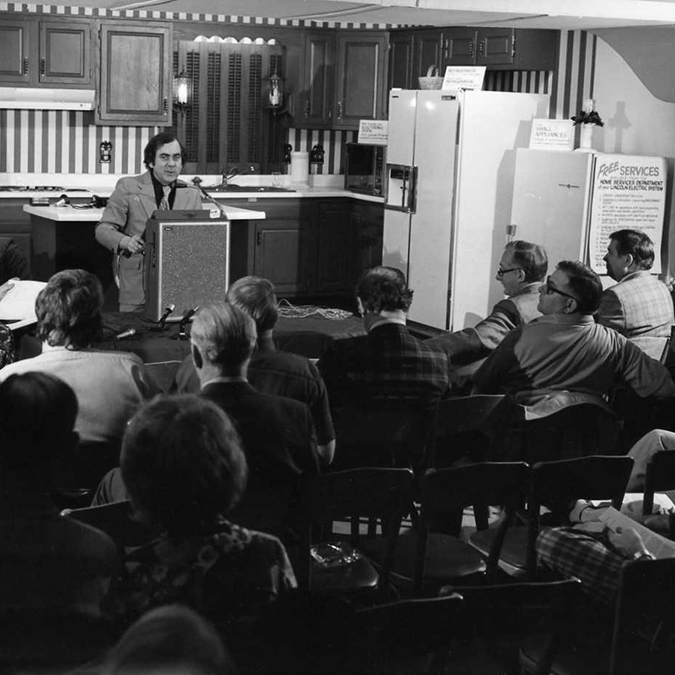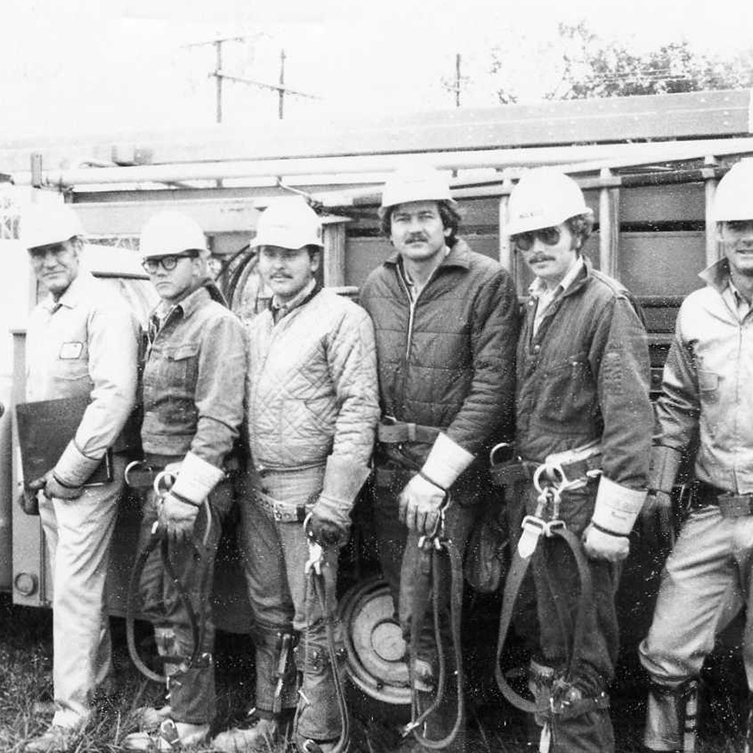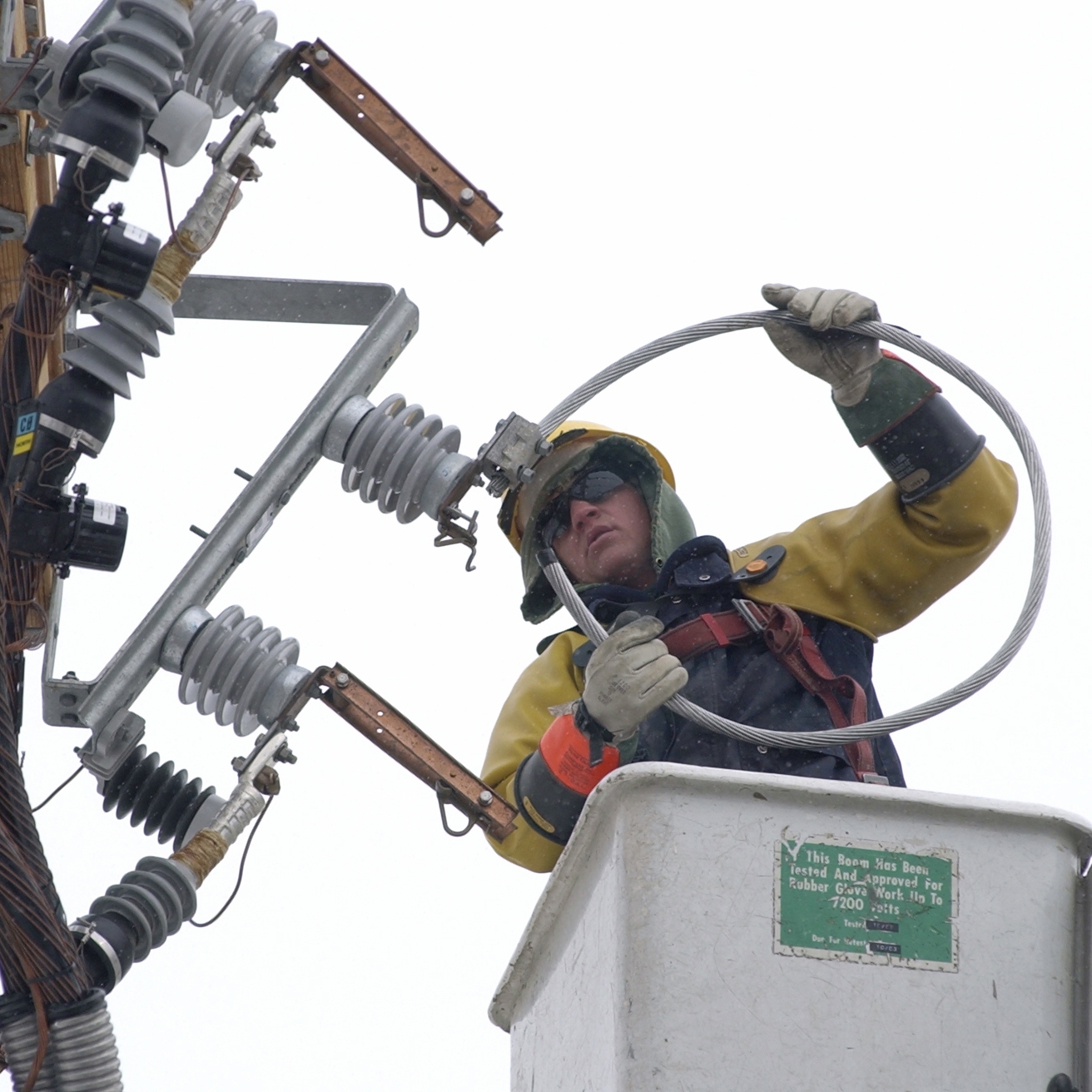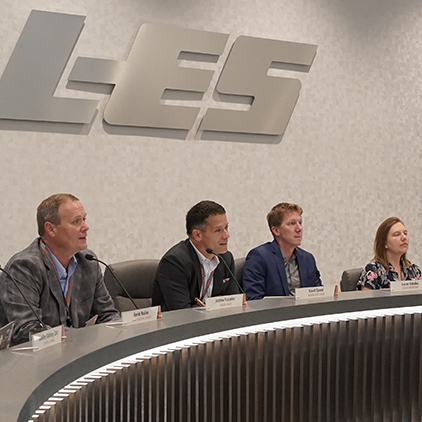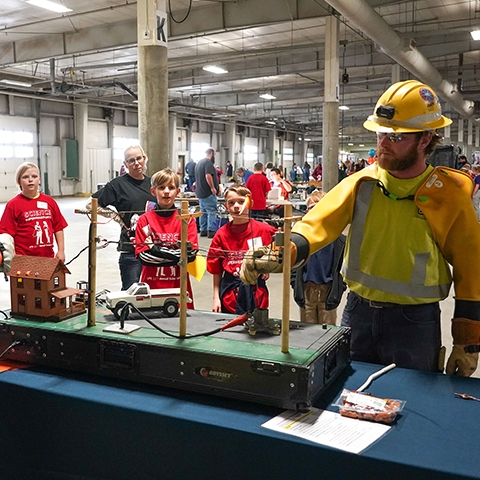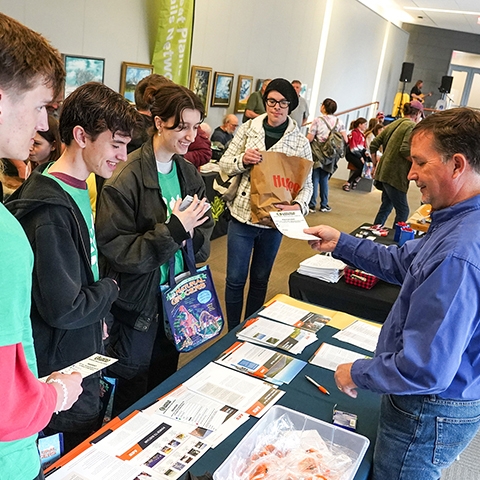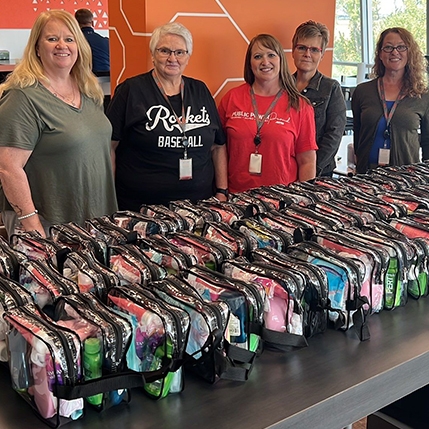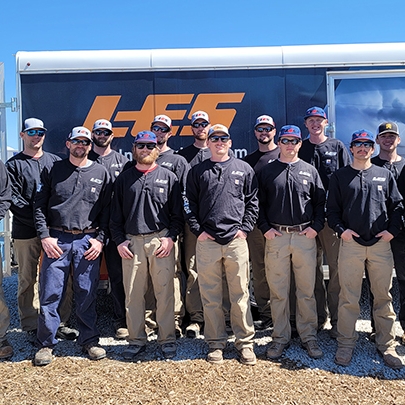LES is a public power utility, meaning we are not for profit and locally owned and governed. Being community-owned means that YOU — our customers — own us and community members serve on our Board to make policy decisions and provide direction that makes us successful. Customers have the opportunity to provide input through public meetings and Board meetings. We really are made up of local people making decisions toward a brighter energy future for our community.
Every electric utility in the Cornhusker state is consumer-owned and not owned by private investor-owned corporations. The value proposition of public power is as valid today as it was in 1933 when the Legislature created this unique business model.
- Community
- Affordable
- Reliable
- Sustainable
LES is selling the Renewable Energy Certificates (RECs) associated with its applicable resources and the renewable attributes are transferred to the REC recipient.
All-in price is the price of electricity determined by dividing LES’ retail revenue by the retail sales of electricity to determine the cents/kWh.
Life is full of memorable moments. You may not see us, but we are here, powering the moments that matter. Dreams made sweeter by nightlight, laughter around the dinner table, the smells of freshly baked cookies and coffee brewing, 10 more minutes of basketball under the lights. All for only $2.99 a day.
MORE ABOUT HOW YOUR MOMENTS ARE POWERED
*Average residential all-in price x average residential daily energy use
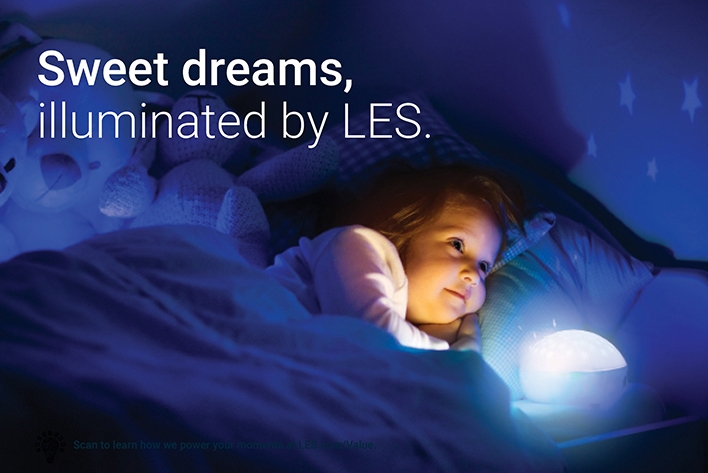
Get the latest news about your electric utility, subscribe to our email newsletters and more.
Nebraska is 100% public power. The value proposition of public power is as valid today as it was in 1933 when the Legislature created this unique business model.
The American Public Power Association is the voice of not-for-profit, community-owned utilities that power 2,000 towns and cities nationwide.



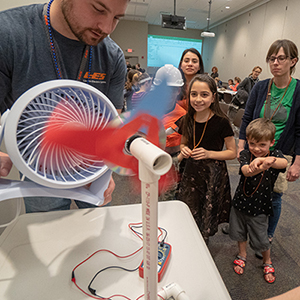 As an all-public-power state, every electric utility is owned by the public (think local and community-owned) and not by private corporations.
As an all-public-power state, every electric utility is owned by the public (think local and community-owned) and not by private corporations.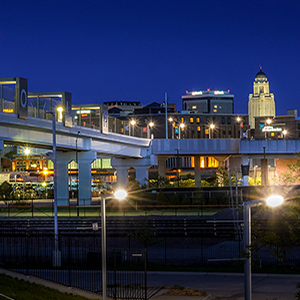 According to data collected from our annual Competitive Market Study, LES is one of the most efficient electric utilities in the country, and we work hard to maintain that distinction. In fact, our overall all-in prices* are the 8th lowest in the country, according to the nationwide study of 87 cities based on 2022 EIA data. Since LES is a public power utility, we pay dividends to our customers-owners in the form of lower rates. LES customers save hundreds of dollars a year on electricity compared to most residents in the U.S.
According to data collected from our annual Competitive Market Study, LES is one of the most efficient electric utilities in the country, and we work hard to maintain that distinction. In fact, our overall all-in prices* are the 8th lowest in the country, according to the nationwide study of 87 cities based on 2022 EIA data. Since LES is a public power utility, we pay dividends to our customers-owners in the form of lower rates. LES customers save hundreds of dollars a year on electricity compared to most residents in the U.S.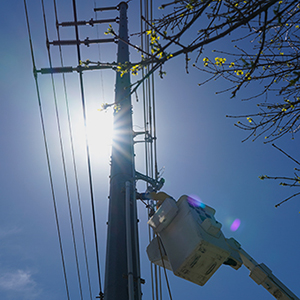 We know that providing dependable power is essential for everyday life. Electricity makes life as we know it possible. At LES, we are honored to provide this invisible driving force, delivering electricity where it’s needed most.
We know that providing dependable power is essential for everyday life. Electricity makes life as we know it possible. At LES, we are honored to provide this invisible driving force, delivering electricity where it’s needed most. 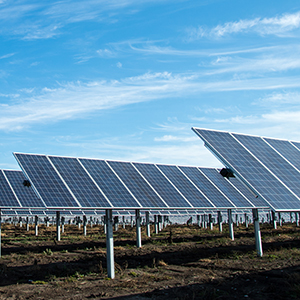 We’re proud of the culture of sustainability we’ve created while serving the Lincoln area, and it’s part of why we stand tall within the industry. We started promoting conservation and energy efficiency back in the early 1970s, and we’ve continued to provide programs and partnerships that empower you to become a smart energy consumer.
We’re proud of the culture of sustainability we’ve created while serving the Lincoln area, and it’s part of why we stand tall within the industry. We started promoting conservation and energy efficiency back in the early 1970s, and we’ve continued to provide programs and partnerships that empower you to become a smart energy consumer.